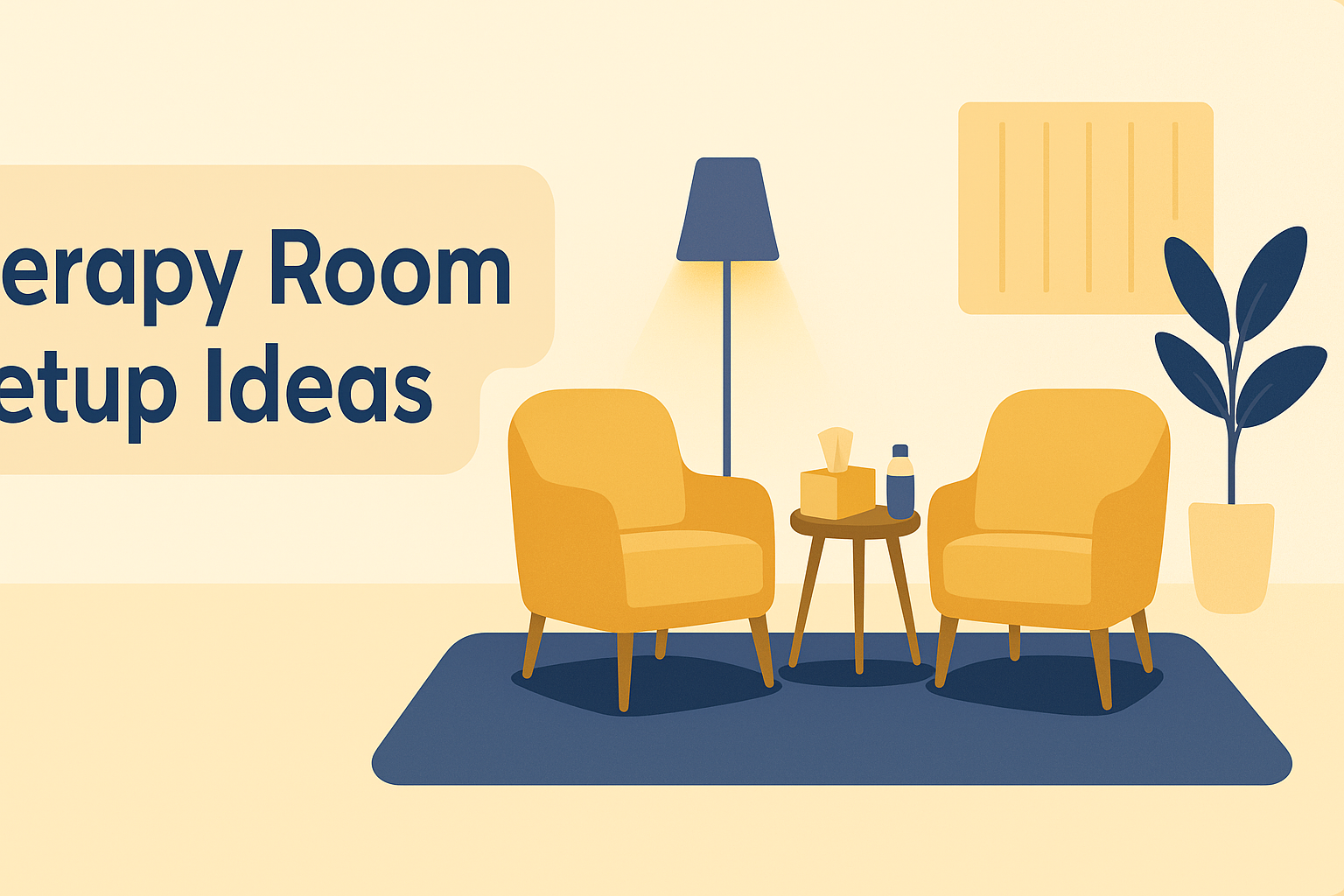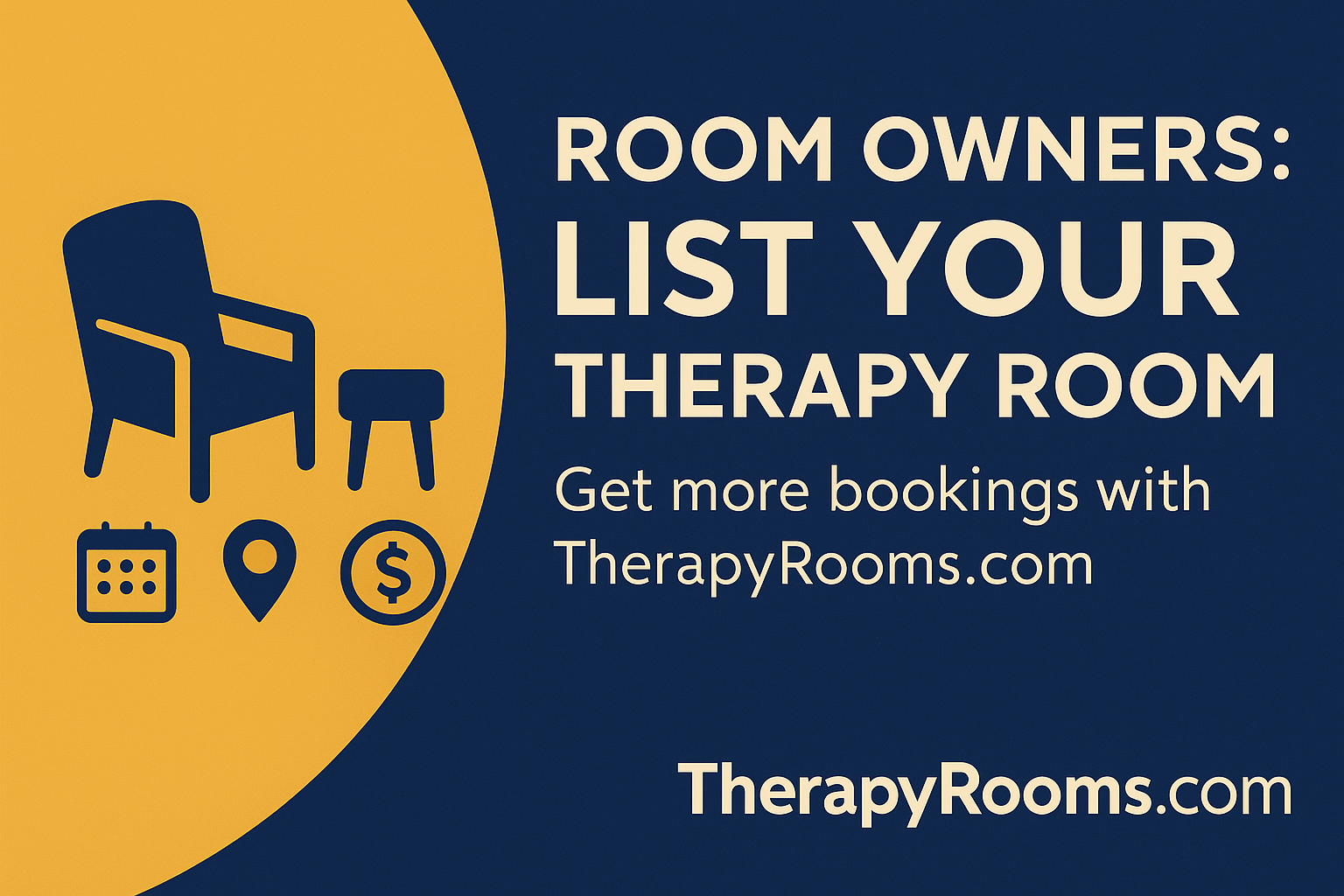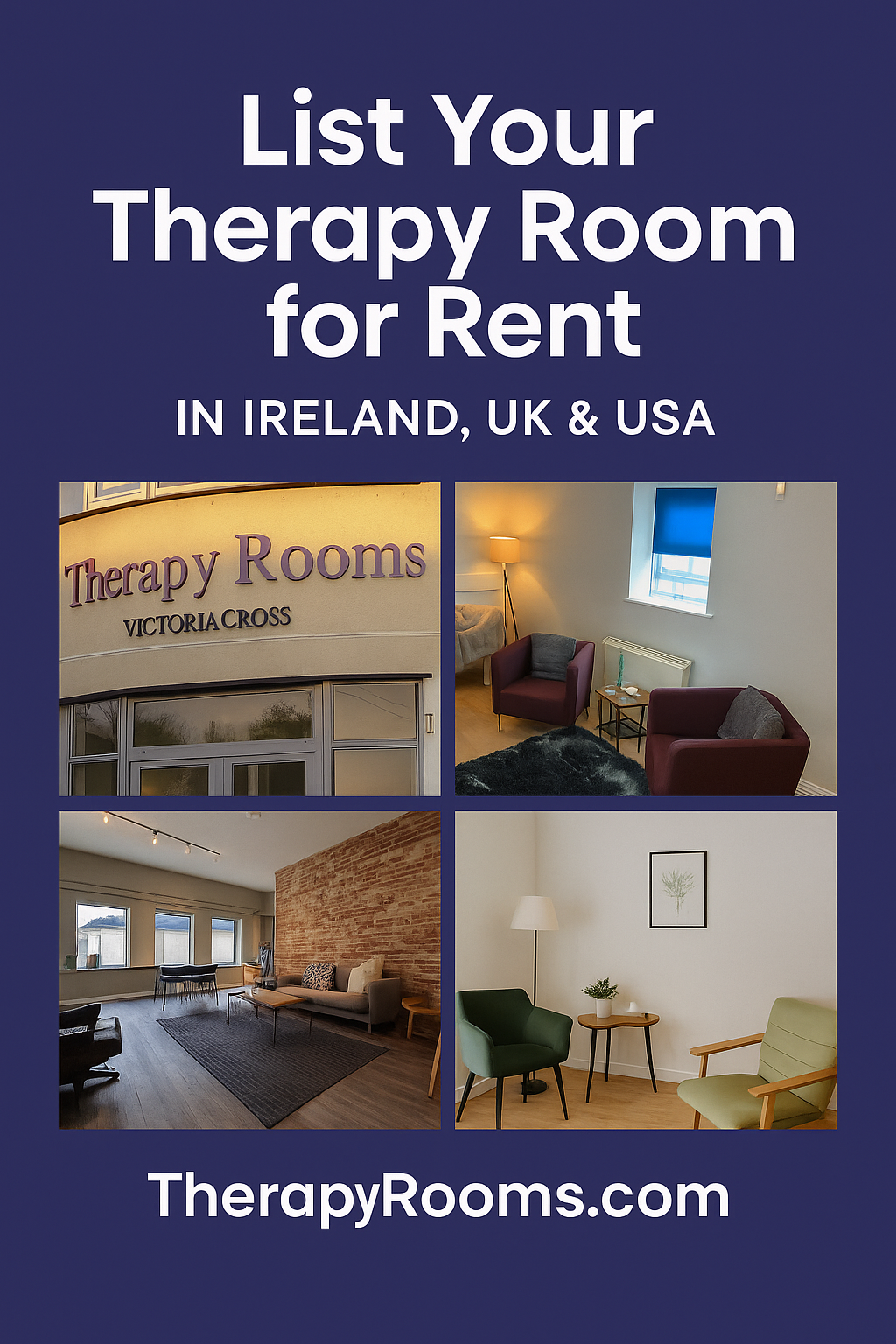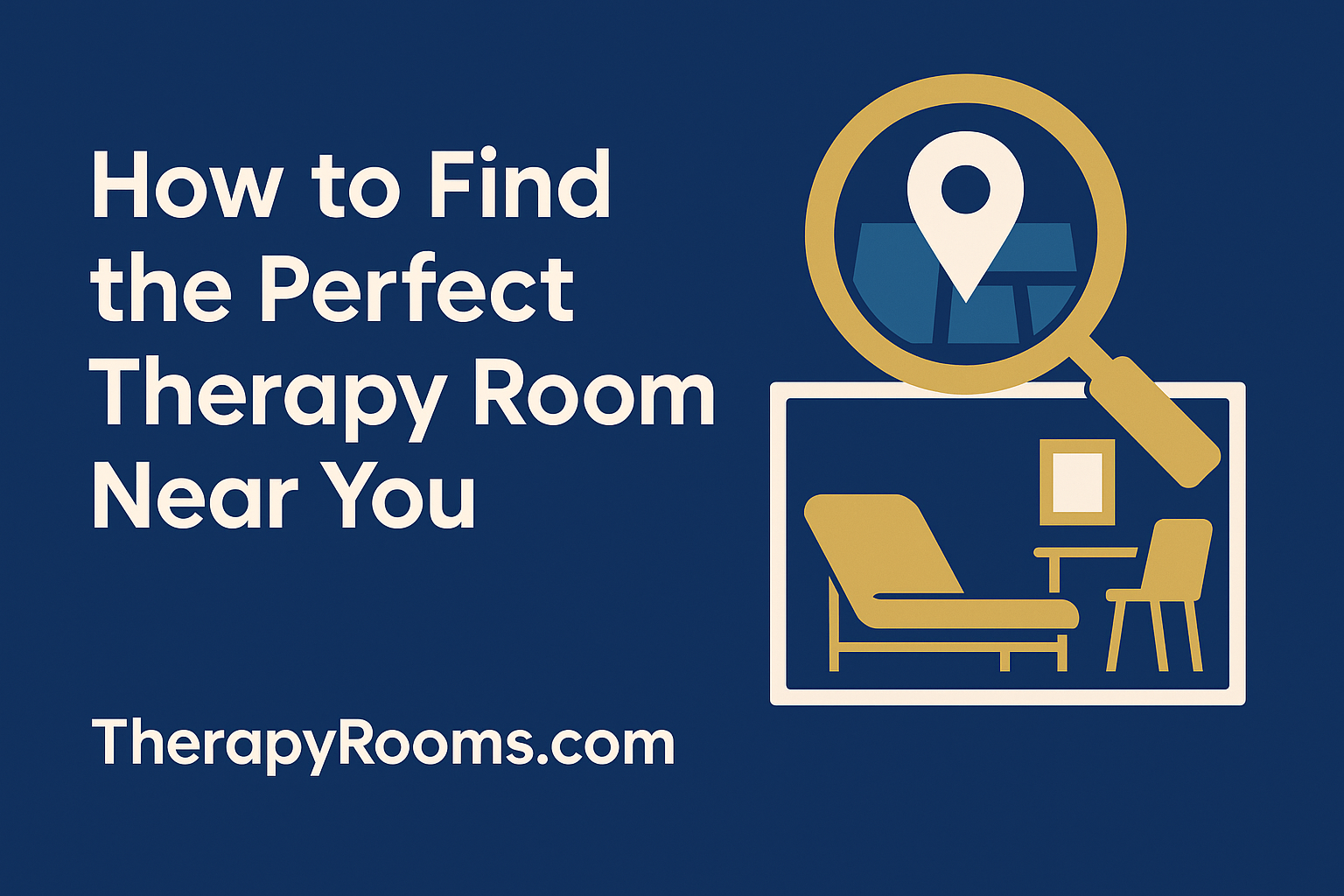
Renting vs. Owning a Therapy or Treatment Room: Pros and Cons
Renting vs. Owning a Therapy or Treatment Room: Pros and Cons
When setting up a therapy practice, one of the biggest decisions is whether to rent a space or buy one. Both options come with advantages and challenges, depending on factors like budget, flexibility, and long-term goals. Here’s a detailed look at the pros and cons of each.
Renting a Therapy Space
Pros of Renting
- Lower Upfront Costs
No large down payment or mortgage required.
Only pay a security deposit and monthly rent.
- Flexibility
Choose from part-time, hourly, or full-time rental agreements.
Easier to relocate if your practice grows or shifts.
- Less Maintenance Responsibility
The landlord typically handles repairs, utilities, and upkeep.
Saves time and money compared to property ownership.
- Access to Shared Facilities
Many therapy room rentals come fully furnished.
May include reception areas, waiting rooms, or amenities like WiFi and refreshments.
- Easier Entry into Private Practice
Ideal for new therapists or those transitioning from agency work.
No long-term commitment required.
- Cons of Renting
No Equity Building
Monthly rent payments don’t contribute to property ownership.
Long-term renting can add up to the cost of buying.
- Limited Customization
Restrictions on decorating or modifying the space.
The room may not fully reflect your brand or personal touch.
- Potential for Rent Increases
Rental costs may rise over time, impacting budgeting.
Uncertainty if the lease isn’t long-term.
- Availability Issues
Prime locations may have limited rental options.
High demand could mean less control over scheduling.
Owning a Therapy Space in Ireland, UK or USA
Pros of Owning
- Long-Term Investment
Builds equity over time.
Potential to sell or rent out the space later.
- Full Control & Customization
Design and furnish the space to fit your brand and therapeutic style.
Freedom to make structural changes or renovations.
- Stable Costs
No unexpected rent hikes.
Mortgage payments may be predictable, unlike fluctuating lease agreements.
- Potential for Additional Income
Rent out extra rooms to other therapists.
Generate passive income by subletting part-time.
- Sense of Permanence
Establishes a strong business presence in a fixed location.
Helps build credibility and client trust over time.
- Cons of Owning
High Initial Costs
Requires a significant down payment and mortgage approval.
Closing costs, property taxes, and insurance add to expenses.
- Maintenance & Repairs
Responsible for all upkeep, from plumbing to electrical issues.
Unexpected repairs can be costly.
- Less Flexibility
Harder to relocate if your needs change.
Selling a property can take time and effort.
- Market Risks
Property values can fluctuate, affecting long-term investment.
Economic downturns may impact resale potential.
Which Option is Best for You?
- Rent if you:
Are just starting out and need flexibility.
Prefer lower upfront costs and fewer responsibilities.
Want to test a location before committing long-term.
- Own if you:
Have an established practice with steady income.
Want to build long-term equity and control your space.
Are ready for the financial and maintenance responsibilities of ownership.
Both renting and owning a therapy space have their advantages and challenges. The right choice depends on your financial situation, career stage, and long-term business goals.
Would you like help exploring rental options or financial considerations for purchasing a space? Let me know!
If your looking to rent you can check out our room rent site






Owner Therapy Rooms